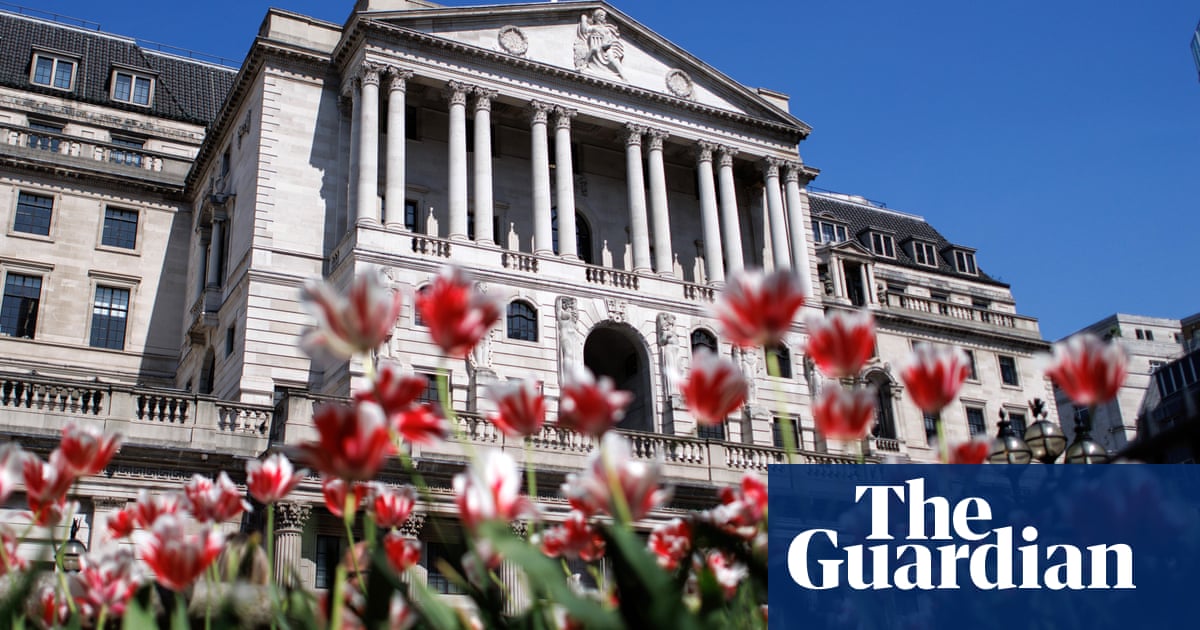
Jacob Rees-Mogg has questioned the fairness of the Conservative MP Owen Paterson facing a six-week suspension from parliament and possible byelection, after he was found to have committed an “egregious” breach of lobbying rules.
Rees-Mogg, who is leader of the Commons, raised concerns about the investigation, and expressed sympathy with Paterson’s complaint that 17 witnesses who wanted to speak in his favour were not able to give oral evidence.
Ahead of a vote on whether to enforce the suspension recommended by parliament’s standards commissioner and committee, Rees-Mogg kept open the possibility the government could whip Tory MPs to reduce or cut it completely.
“It is always very important that systems appear to be fair, and therefore if somebody has witnesses, it would normally appear to be fair that those witnesses should be heard,” he said on his regular ConservativeHome podcast.
He said the standards commissioner – Kathryn Stone – could have appointed a senior legal figure to help in the investigation, and added: “Many people have been raising with me recently questions about the process that affected Owen Paterson.”
Paterson has tried to dismiss the propriety of the two-year investigation into his business links with Randox and Lynn’s Country Foods, claiming it was not compliant with natural justice because he was acting as a whistleblower and that the anguish played a “major role” in driving his wife, Rose, to suicide last summer.
Part of Paterson’s complaint was that investigators declined to take oral evidence from 17 witnesses who wanted to speak in his support. The standards committee – on which several Tory MPs sit – said the witnesses wanted to talk about their perception of Paterson’s motivations, which would not substantially alter the facts about what rules had been broken.
It added: “We do not see what further relevant information could usefully be gleaned by inviting oral evidence from the witnesses concerned.”
Rees-Mogg said: “That is an interesting view to come to, because other people might say: ‘How do you know whether it was relevant to the inquiry until you’ve taken their evidence and have found out the precise context of how things were done?’”
Asked if Stone was mistaken, Rees-Mogg said he did not want to “prejudge” how MPs would vote on Wednesday.
He confirmed that the motion to suspend Paterson would be amendable, meaning his supporters may choose to try to reduce the punishment, and left open the possibility Tory whips may instruct MPs to support such a move.
Rees-Mogg said: “The government always has a responsibility to ensure that parliamentary business is dealt with efficiently, in a timely manner, and that the reputation of parliament and the government is upheld in all senses. Therefore, applying whips to individual votes – however serious they are – is perfectly reasonable.”
Boris Johnson’s spokesman declined to say whether the prime minister sympathised with Rees-Mogg’s criticisms of the investigation into Paterson’s conduct.
Asked about the comments by the leader of the house, he said: “This is a detailed report, a 175-page report, with complex issues and evidence which need to be looked at carefully. As the commission’s remit doesn’t look at the conduct of government ministers, I can’t comment any further.”
“This is a matter for MPs,” the spokesman added. He also declined to say whether or how Johnson would vote on the sanctions against Paterson, saying only: “We’ll have to get to tomorrow.”
Chris Bryant, the chair of the standards committee, said it “considered Paterson’s complaints about the process and rebutted each of his points in the report”, and added: “In the end, the facts speak for themselves.”












